Move Stress-Free With the Best Long Distance Movers
Get free, no-obligation quotes from top-rated, licensed long distance moving
companies. Compare real customer reviews, pricing & services — and hire the
mover that fits your needs and budget.
Zero hidden fees. Verified experts. 100% peace of mind.
How to Choose the Best Residential Moving Company?
So, you're ready to move, and now comes the big question: how do you find
the best residential moving company for the job?
It can feel like a bit of a maze with so many options out there, but don’t
worry—we’ve got your back. Here's how you can choose the right one without
all the stress.
Check the Reviews and Reputation
First, always check what other people are saying. The best residential
movers will have a bunch of good reviews backing them up. Look for
companies with tons of positive feedback—especially about reliability and
safety.
Get Multiple Quotes
Don’t just go with the first company you find. Get quotes from at
least three or four different house movers. Getting estimates helps you
understand what you're dealing with. You’d be surprised how much prices can
differ.
Check for Hidden Fees
Speaking of prices, always ask about potential extra charges. Some best furniture movers might give you a low quote
but then add a bunch of hidden fees later. You definitely want to avoid
surprises.
Look for Full Service Movers
Some of the best residential moving companies offer full service options, including packing and
unpacking and even temporary storage. If that's what you're looking for,
it's worth considering.
Consider the Experience
Make sure the movers you choose have experience. Look for companies that
specialize in residential moving services. A company that’s done a thousand
moves knows how to handle your belongings with care.
Check if They’re Licensed and Insured
You want peace of mind knowing your stuff is covered. Make sure the
residential moving company you choose is licensed and insured. That way, if something
goes wrong, you’re not left high and dry.
Think About Your Budget
Finally, think about your budget. There are some great moving services out
there, but you need to make sure you’re not sacrificing quality for cost.
Find a balance between cost and quality to get the best value.
How Much Do Residential Movers Cost in the USA?
You’re probably wondering how much it will cost to hire residential movers
in the USA. The cost can depend on a few key factors.
Let’s get into the specifics of how much residential movers cost in the USA
and break it all down for you so you’re not left guessing.
Cost Based on Distance
If you’re moving locally or across the country, the cost will
vary greatly. For local moves (under 100 miles), expect to pay a flat rate
for a few hours of work, while long-distance moves (over 100 miles) are
usually charged by the weight of your belongings and the distance they have
to travel.
Cost Based on Home Size
The size of your home plays a huge role in determining the cost. Moving a two-bedroom apartment will obviously
cost less than a five-bedroom house.
Additional Costs for Services
Many residential moving companies will offer extras like packing services, which can add to the price.
If you need the movers to handle everything, that’s going to be more
expensive.
Hourly Rates vs. Flat Rates
Some movers charge by the hour, while others offer
flat-rate pricing for your entire move. It’s important to know which type of
pricing you’re dealing with because hourly rates can add up quickly.
Residential movers generally charge between $80 to $100 per hour for two
movers.
Additional Fees
There are also a number of potential extra fees you need to be aware of. For
example, if your movers need to park far away from your home or if there are
stairs involved, they may charge a fee for that.
Average Costs for Residential Moving Services
|
Type of Move
|
Estimated Cost Range
|
Additional Costs
|
|
Local Move (1-2 bedroom)
|
$300 -
$1,500 |
Fuel, stairs, long carry fees
|
| Local Move (3-4 bedroom) |
$600 - $2,500 |
Packing services, additional movers |
|
Long-Distance Move (under 1,000 miles)
|
$2,000 - $5,000
|
Insurance, extra equipment (if needed)
|
| Long-Distance Move (over 1,000 miles) |
$3,000 - $10,000 |
Additional packing services, fuel, tolls |
|
Packing Services
|
$200 - $2,000 (based on home size)
|
Depends on the amount of items to pack
|
| Furniture Moving |
$80 - $100 per hour (for two movers) |
Time, size of furniture |
Wondering about the
cost?
Learn how to use our Moving Cost Calculator for
accurate estimates and save big on your next move!
How to Avoid Being Scammed by a Moving Company?
Unfortunately, moving scams still happen, especially when hiring companies
online without doing proper research. To protect yourself, here are key
steps to avoid being scammed:
Check licenses and credentials
Legitimate residential moving companies must be licensed by the FMCSA
(Federal Motor Carrier Safety Administration) if they operate across states.
Always verify the company’s USDOT number before signing anything.
Read reviews and ratings
Look up verified reviews on Google, Better Business Bureau (BBB), and other
trusted platforms. Pay attention to patterns—if multiple customers mention
late deliveries, hidden fees, or poor service, that’s a red flag.
Be cautious with low-ball quotes
If a quote is significantly lower than others, it could be bait. Scam movers
often lure customers with cheap prices and then increase the cost mid-move.
Reputable home movers will offer realistic, written estimates based on a
detailed inventory.
Avoid large upfront deposits
Most trustworthy house moving companies ask for payment upon delivery, not
upfront. A demand for a big deposit could be a warning sign.
Make sure everything is in writing
Get all agreements in writing—including pricing, services, and delivery
dates. Avoid movers who won’t provide a written contract.
Ask the right questions
Don’t be afraid to ask about insurance, dispute resolution, subcontractors,
or whether they are local movers or part of a national network.
What Are the Pros and Cons of Hiring a Moving Company?
Hiring a professional moving company can make your move smoother, but it’s
not without trade-offs.
Here’s a quick breakdown of the main pros and cons to help you decide if
it’s the right choice for your situation.
Pros:
- Convenience: Professional movers handle the heavy
lifting, packing, loading, and transportation—saving you time and
effort.
- Efficiency: Experienced teams work faster and more systematically than most DIY moves.
- Safety: Trained movers know how to handle fragile or bulky items, reducing the risk of damage or injury.
- Equipment and vehicles included: No need to rent a truck or buy moving supplies—they come prepared.
- Insurance options: Reputable house moving companies offer coverage to protect your belongings during the move.
Cons:
- Cost: Hiring movers is more expensive than a DIY move. Prices vary based on distance, home size, and services needed.
- Less control: You’re handing off responsibility, which can feel uncomfortable if you’re very hands-on.
- Scheduling limits: You’ll need to work within the company’s availability—especially during peak moving seasons.
- Risk of scams or poor service: If you don’t research thoroughly, you could end up with unreliable movers.
Conclusion
Here’s the bottom line—picking the best residential moving companies doesn’t
have to be complicated. Take a little time to compare, get your moving
estimate, and find the right residential movers for your needs. Whether
you’re moving a few things or the whole house, the right team can make all
the difference.
Here’s exactly how we did it:








 Request at least 3
quotes
Request at least 3
quotes



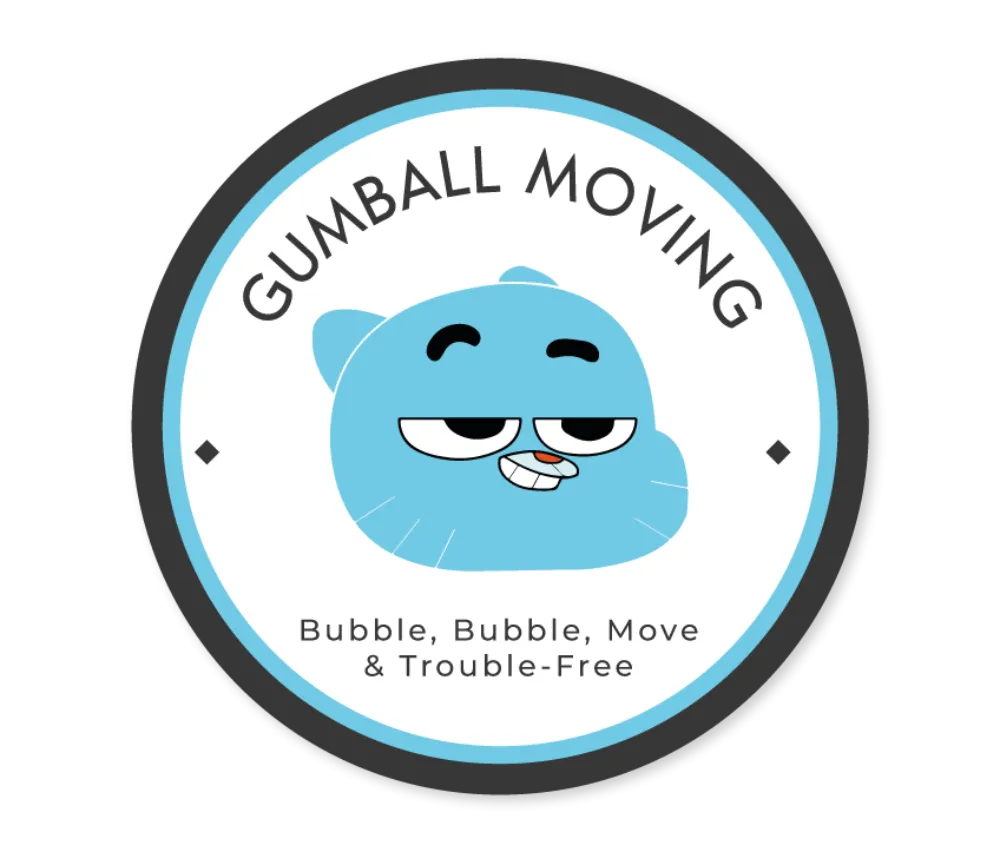

 Professional
Movers
Professional
Movers
 Limited Coverage
Areas
Limited Coverage
Areas
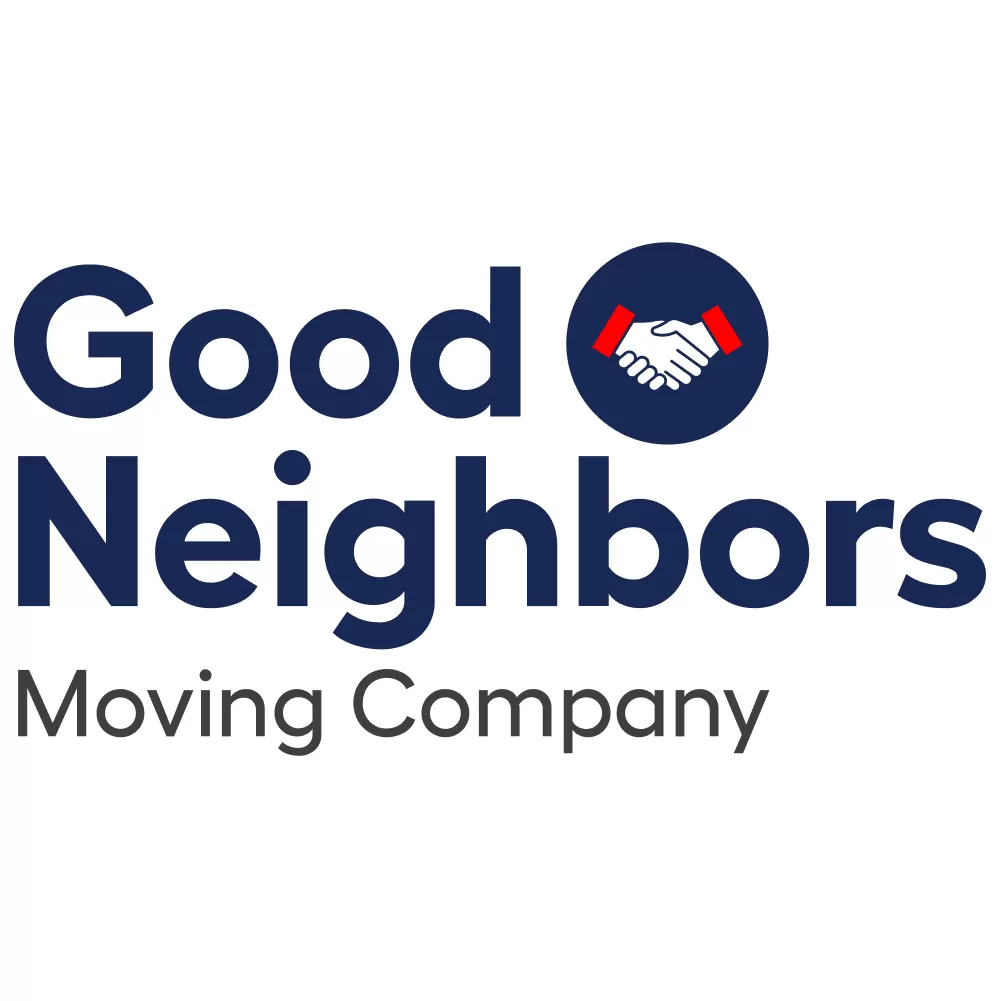




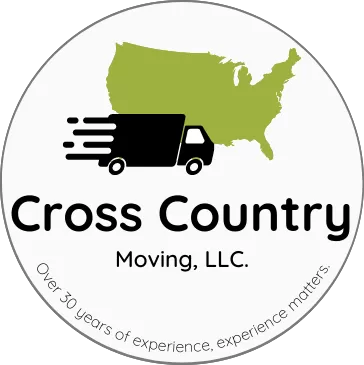


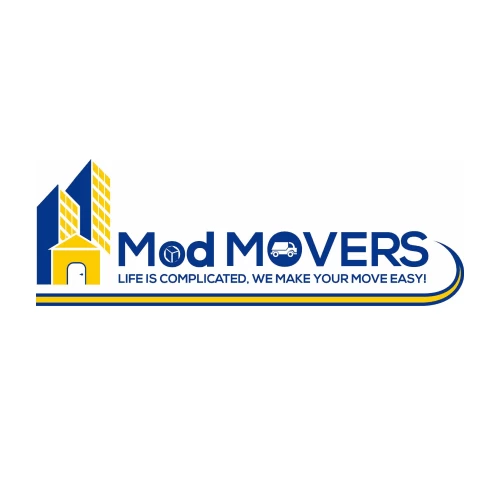


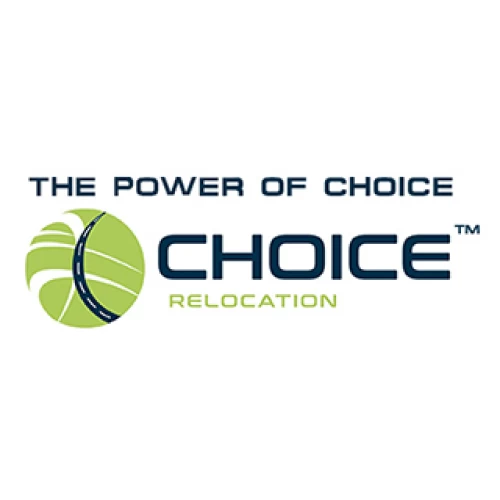


 (239) 799–6077
(239) 799–6077